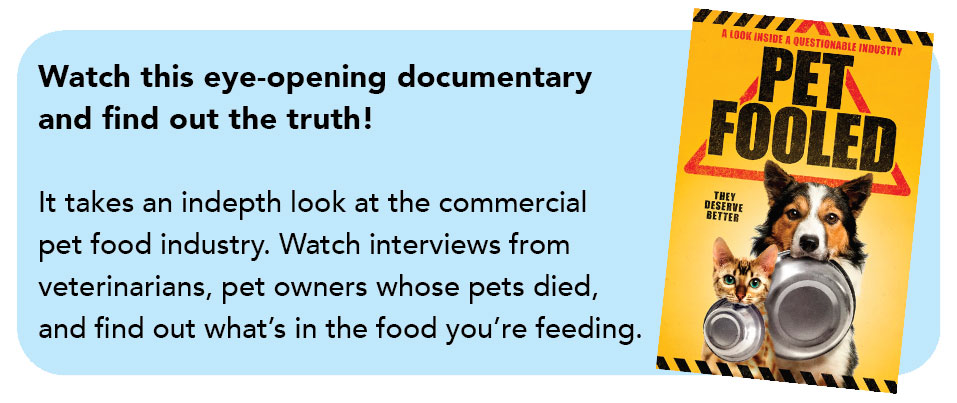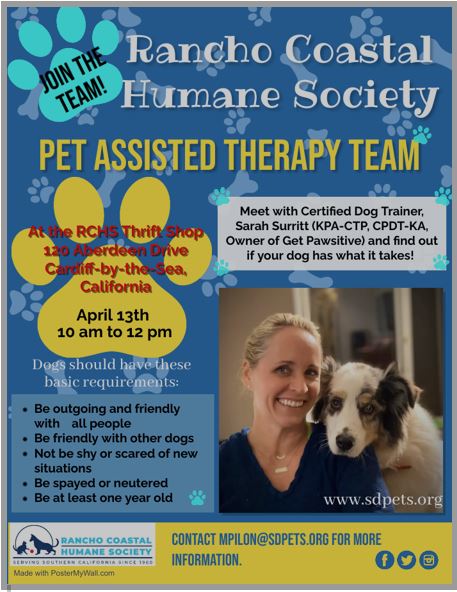If your dog is lost or stolen, immediately report the incident to local authorities and issue a pet alert. Begin searching your area and posting information on social media and lost pet websites.
Losing a pet can be a distressing experience, but taking swift action is crucial to improve the chances of a safe return. The moment you realize your furry friend is missing, you must put a recovery plan into action. Time is of the essence, hence alerting the community and local animal services should be your first step.
Utilize every available resource, such as online lost pet networks, neighborhood apps, and local community groups. Engage fully in the search process, ensuring you have recent photos and a detailed description to help others identify your dog. Remember, consistency in your search efforts and widespread communication are your best allies in the quest to find or recover your stolen dog.

Credit: pawsweetbakery.com
Rising Incidents Of Pet Theft
Pet theft is a growing concern for many pet owners. Data shows a significant increase in dog abductions, raising alarms across communities. Owners are urged to stay vigilant as dog thieves often target specific breeds for their high value. Most thefts occur in public places, with parks being a common hotspot.
| Year | % Increase in Pet Theft | Most Stolen Breeds |
|---|---|---|
| 2020 | 24% | French Bulldogs, Chihuahuas |
| 2021 | 30% | Labrador Retrievers, German Shepherds |
Preventive measures are now a must for dog owners. Keep an eye on your furry friend and consider microchipping for safety. Staying informed about these patterns can help protect your beloved pets.
Initial Steps When Your Dog Goes Missing
Discovering your dog is missing can be incredibly stressful. Act fast and alert your local shelters. Contact animal control services right away. These agencies are key in helping lost pets. Gather recent photos of your dog. Share these with the shelters. Make sure your contact information is up-to-date. Ask about the procedure they have for found animals.
Search your neighborhood thoroughly. Your dog might be hiding nearby. Alert your neighbors as well. Use social media to spread the word. This increases the chances someone will recognize your pet. Always keep your phone handy. Someone might call with information about your dog’s location.
Harnessing Social Media For Search Efforts
Utilizing social media effectively can skyrocket your search efforts. Post clear, recent photos of your dog using engaging captions. It’s critical to include your contact information and details about where your dog was last seen. Short sentences work best as they are easier to read and share.
Tag local animal shelters, vet offices, and community groups in your posts. This increases the chances of your message reaching someone who has seen your dog. Remember to ask friends and followers to share your post.
Creating a dedicated hashtag can help consolidate all information and updates about your search. An example might be #FindSpotDoeCity. Use it consistently across all platforms. This can make your campaign easier to follow and participate in.
Physical Precautions To Secure Your Dog
Effective fencing and locking mechanisms are crucial for your dog’s safety. Strong, high fences prevent dogs from jumping over. Locks should be secure and dog-proof. Consider self-closing gates to avoid accidental openings.
Surveillance cameras can monitor movement around your dog’s area. An alarm system alerts if someone tries to steal your pet. Make sure systems are easy to use and reliable.
Technological Solutions For Pet Protection
Technological solutions play a vital role in pet protection. GPS collars are a modern tool to track your dog’s location. You can see where your pet is on your phone. This tech helps you find pets quickly and easily.
Microchipping is another smart way to keep your pet safe. Vets put a tiny chip under your dog’s skin. This chip has all your contact info. So if someone finds your pet, they can bring it back to you.
Many apps offer pet recovery services. With these, you can send alerts to people nearby. The community helps to look for your lost dog. It’s like having a big search team for your furry friend!

Credit: rchumanesociety.org
Legal Actions And Recovery Of A Stolen Dog
Discovering that your dog has been stolen is a distressing experience. Immediate steps are essential. Report the theft to local law enforcement. Provide them with photos and distinctive features of your dog. Accurate details improve the chances of recovery. Check local animal shelters and inform them about the missing pet.
Consulting a legal expert can clarify your options. Often, pets are considered personal property under the law. This influences legal proceedings. Utilize social media and community networks to spread awareness. Many times, community support can aid in tracking down a stolen dog.
Best Practices For Responsible Dog Ownership
Responsible dog ownership requires a commitment to regular training and socialization. Dogs thrive on consistency, and establishing a sound routine can prevent many issues. For instance, daily walks and obedience exercises reinforce good behavior and strengthen the bond between you and your pet.
A proper routine includes feeding, exercise, grooming, and playtime. Each activity should occur at similar times each day. This predictability helps your dog feel safe and secure. It may also make them less likely to wander off or misbehave. Well-trained dogs are also easier to identify and recover if lost or stolen, as they will often respond to their name or commands given by strangers.

Credit: www.amazon.com
Community Support And Outreach
Discovering that your dog is missing can be incredibly stressful. Turning to local pet owners for support proves to be a smart move. A well-connected community is a powerful ally in ensuring your pet’s safety. Building strong relationships within pet circles prior to any incident can speed up the recovery of a lost animal.
Engage with other dog lovers through social media groups, local clubs, or pet-related community events. Share information about your missing dog with these networks, as they can help spread the word quickly. Don’t underestimate the power of community vigilance; the more eyes out there, the better the chances of your furry friend being found.
The Psychological Impact On Pets And Owners
Both pets and owners suffer emotionally after a dog goes missing. The pet may feel abandoned and experience intense separation anxiety. This stress can lead to health issues and changes in behavior. Owners face similar feelings of loss and helplessness, often blaming themselves.
Recovery brings relief but also challenges. A stolen or lost dog, once found, might act differently. Owners should give extra attention and love during this time. Patience is key in rebuilding trust and routine. It’s important to visit a vet to check on the dog’s well-being.
The Bigger Picture: Advocating For Stricter Laws
Pet theft is a serious issue that deeply affects owners and animals. It’s essential to advocate for tougher laws to deter thieves. The current penalties often do not reflect the severity of the crime. Pets are not mere property; they are beloved family members.
To effect change, a stronger legislative framework must support heavier penalties. This would act as a significant deterrent against potential criminals. Raising awareness is key to gathering community support for such laws. Together, we can push for legislation that truly protects our pets.
Frequently Asked Questions
What Can Be Done If Someone Steals Your Dog?
Report the theft to the police immediately. Post flyers and contact local shelters. Share the information on social media and pet-related websites. Consider offering a reward for the safe return of your dog.
What Do I Do If Someone Has Taken My Dog?
Immediately report your stolen dog to local authorities and animal shelters. Post flyers in your area and utilize social media platforms to spread the word. Consider offering a reward for a safe return. Remain vigilant and check local pet listings frequently.
What If Someone Is Looking After Your Dog And won’t give It Back?
Contact the individual holding your dog and request its return. If unsuccessful, report the matter to local law enforcement as potential theft. Seek legal advice to understand your rights and possible actions. Consider mediation services for resolution without court involvement.
Keep communication records for evidence.
What If Someone Tries To Steal Your Dog?
Act immediately if you suspect dog theft. Report the incident to the police, provide them with your dog’s photo and information, and post on local social media groups. Consider reaching out to nearby animal shelters and vets. Always keep your dog’s identification and microchip details up to date.
Conclusion
Dealing with a lost or stolen dog can be heart-wrenching. Ensure you’re proactive with tags, microchips, and secure surroundings to prevent such scenarios. If the unthinkable happens, act swiftly—posters, social media, and local shelters are your allies. Remember, community support often plays a vital role in reuniting owners with their beloved pets.
Stay hopeful and persistent in your search.

Hello, I’m Ethan Mitchell. My passion is dog training and behavior enthusiasts. With years of experience working with various breeds, my goal at Dog Advisor Pro is to help dog owners build strong, loving relationships with their furry friends through effective training techniques. Understanding a dog’s behavior is the key to harmonious companionship. I am dedicated to sharing practical training tips that improve the lives of dogs and their owners.


